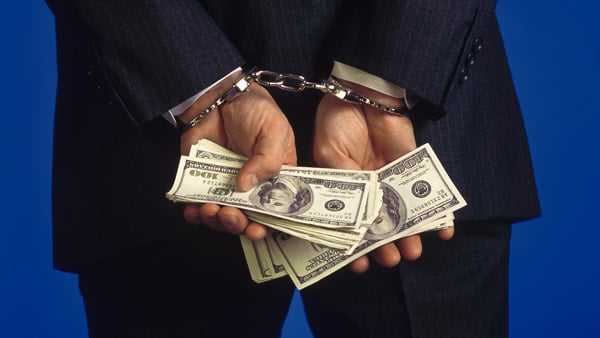 (Photo: Thinkstock)
(Photo: Thinkstock)
Regulators are warning investors to be on the lookout for opportunistic investment or charitable scams in the aftermath of Hurricane Florence.
The Financial Industry Regulatory Authority on Wednesday released an Investor Alert, “Beware of Stock Fraud in the Wake of Hurricane Florence,” detailing how investors can spot and protect themselves from investment scams associated with the cleanup or rebuilding of devastated areas.
“When a natural disaster strikes, it’s not uncommon for scammers to rush in. In addition to charity frauds, we often see investment scammers try to exploit a variety of hurricane-related opportunities,” said Gerri Walsh, FINRA’s senior vice president of investor education.
“Natural disasters bring out the best and worst in people,” added Joseph Borg, president of the North American Securities and Administrators Association and director of the Alabama Securities Commission, in a separate statement. “We know from experience that financial predators are lurking like snakes in the water to seek profit from the misfortune of others.”
FINRA and NASAA warned investors to be on the lookout for unsolicited investment offers seeking to capitalize on the aftermath of Hurricane Florence, as well as other red flags of hurricane-related scams such as: unsolicited email, social media messages, crowdfunding pitches or telephone calls promoting investment pools or bonds to help storm victims, water-removal or purification technologies, electricity-generating devices and distressed real estate remediation programs.
“Investors may become the targets of unsolicited emails, texts, phone calls, messaging apps and social media communications touting high returns, lucrative contracts, cutting-edge technology or other claims tied to prospering in the aftermath of Hurricane Florence,” said Walsh.
FINRA’s alert notes that the most frequent types of scams tout the stocks of companies that purport to be associated with cleanup and rebuilding efforts. “These promotions often trumpet supposed breakthroughs in science and technology to address current and future flood-related issues, such as contamination.”








 September 19, 2018 at 11:36 AM
September 19, 2018 at 11:36 AM











